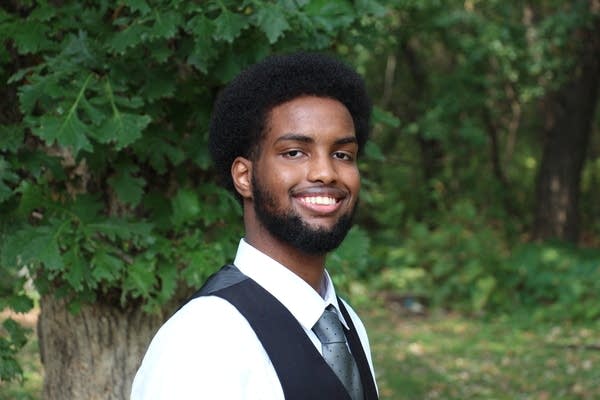St. Paul initiative puts youth on city boards, commissions

Abdulrahman Mohamed, 17, was appointed to the St. Paul Human Rights and Equal Economic Opportunity Commission as part of the city’s Youth on Boards initiative.
Courtesy of Sprockets
Go Deeper.
Create an account or log in to save stories.
Like this?
Thanks for liking this story! We have added it to a list of your favorite stories.


